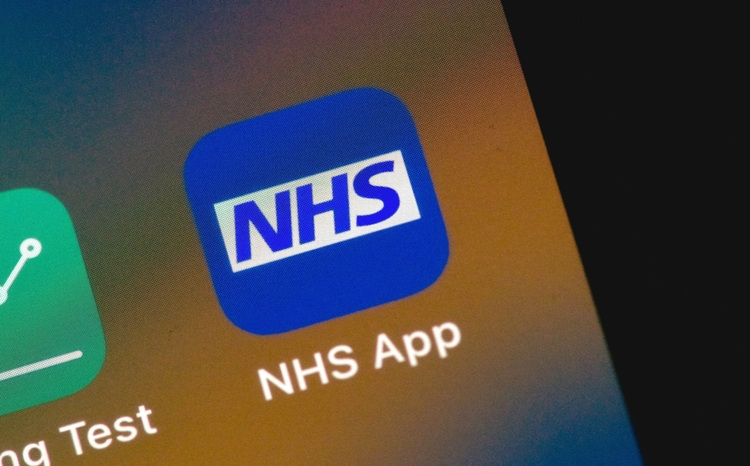Record C+B non-availability, GPC advises
- 28 July 2006
GP negotiators are advising practices to keep a record of when they cannot use Choose and Book in case they need to make a case for retaining incentive payments at the end of the year.
The booking element of the choice and booking directed enhanced service (DES) can be reclaimed by primary care trusts if practices do not achieve 50% of referrals through Choose and Book between September and February but the DES allows for the payment to be retained where the target cannot be achieved due to circumstances beyond practices’ control.
In their latest report to local medical committees the negotiating team for the British Medical Association’s General Practitioner Committee says it is aware that attainability of component two of the DES is being questioned “due to the lack of functionality with Choose and Book systems that are in place and hospitals not accepting Choose and Book referrals.”
The GP negotiators advise LMCs to discuss the situation with their PCTs and say they are continuing to discuss the criteria for when payments can be retained.
Their report adds: “In the meantime, practices should be keeping records of when they could not use the system through no fault of their own so that they can make a case at the end of the year should it be required.”
An original interim target in the DES for 25% of referrals to be made through Choose and Book in June was dropped because of concerns that practices were struggling to meet the target due to a variety of local difficulties with Choose and Book.
A spokesperson for NHS Connecting for Health (CfH) told EHI Primary Care that just over a third of PCTs, 105 out of 303, used Choose and Book for 25% or more of their referrals in June.
Figures supplied to EHI Primary Care by CfH show that 52% of acute trusts are still using indirectly bookable services (IBS) for Choose and Book and CfH said it was also possible that the 48% of trusts using directly bookable services could also be using IBS for some services.
IBS means practices are unable to book appointments directly and patients must contact the provider separately. Reasons for using IBS are either that the hospital does not have a compliant patient administration system (PAS) or has yet to release appointments onto the Choose and Book system.
However a CfH spokesperson said the figures did not show that trusts using IBS have a lower take-up rate for Choose and Book referrals.
He added: “There is a small amount of anecdotal feedback from some GPs who have said that some of their patients choose to book their outpatient appointment during the consultation. However, it would be wrong to speculate that this is the result of the service being directly bookable.”
CfH said acute trusts have been asked to work towards implementation of a compliant PAS by the end of December this year. A spokesperson added: “There are between 12 and 17 trusts that for commercial or technical reasons are exempt from this process. This number changes as plans are fluid to reflect individual trust circumstances. In due course, new compliant PAS provided by NHS Connecting for Health will be implemented in these trusts; in the interim period Choose and Book Indirectly Bookable Services will be utilised.”
According to CfH 60% of practices are also still using the web-based referrer for Choose and Book rather than the integrated system. CfH estimates that 73% of practices will have implemented an integrated system by the end of the year and says that more than 95% of practices have placed an order for an integrated system.




